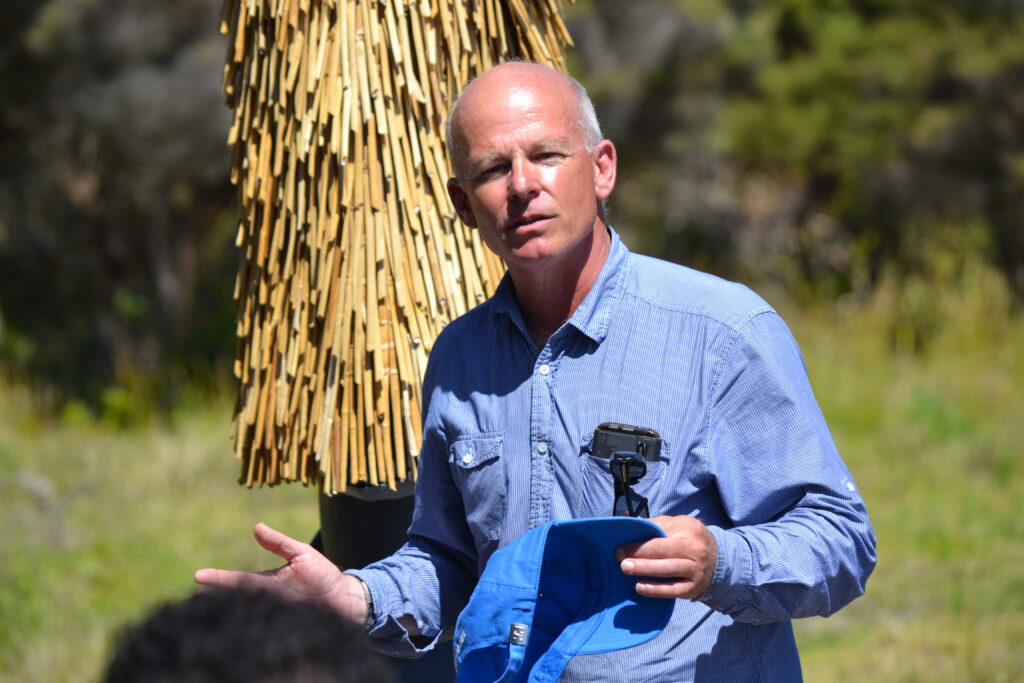
- This event has passed.
2024 Online Seminar Series – Maori Settlement on Tawhiti Rahi (Poor Knights Island)
21 March @ 6:00 pm AEDT
In 2022 and 2023, the Australasian Society for Historical Archaeology (ASHA) ran a series of bi-monthly online seminars showcasing the recent research in historical archaeology in Australasia. We are delighted to announce that we are continuing on with our free online seminar series in 2024.
The first stop on the (virtual) tour for 2024 will be Maori Settlement on Tawhiti Rahi (Poor Knights Island), presented by Dr James Robinson on Thursday 21 March 2024. The seminar will start at 6pm AEDT/ 8pm NZDT.
The seminar will run for 45 to 50 minutes, followed by a Q&A session. All bookings will be through Eventbrite (link is below). A Zoom link will be sent to your registered email address closer to the date of the event. We look forward to seeing you – virtually!
Maori Settlement on Tawhiti Rahi (Poor Knights Island)
Dr James Robinson, Heritage New Zealand Pouhere Taonga
This research addresses the question of the role constrained and circumscribed offshore islands played in the initial Polynesian colonising phase and in the subsequent indigenous Tawhiti Rahi in New Zealand’s horticultural north. Specifically, it attempts to determine the timing of settlement and the nature of that settlement on the Poor Knights, a group of islands located off the east coast of Northland.
The fieldwork was focused on Tawhiti Rahi Island, the largest island in the group, and one that contains a remarkably well preserved prehistoric archaeological landscape variously interpreted by ethnographers, scientists and archaeologists as gardens, villages, defended forts as well as ceremonial and specialist areas. This island is interesting because despite the obvious horticultural potential from its volcanic soils, sheltered topography and temperate climate, it also has significant constraints on settlement such as difficult access, minimal water supply and a limited range of non-garden related exploitable resources, especially when compared to other nearby coastal islands and mainland localities.
Utilising a multi-disciplinary approach, a range of natural science techniques, archaeological methods and historic and traditional sources are used to establish and explain when and why this island was settled. While the resulting data from these diverse data sources appear at first glance to provide contradictory narratives about the timing and nature of settlement, it is suggested that a reconciliation of these apparently conflicting datasets is possible.
This research suggests that this island was in continuous use by Maori for 500 years, from 1300 AD right up to their abandonment in 1823. However, for the first few hundred years, they were utilised only as a valuable garden outlier for people living at less constrained settlements on the mainland. Full and permanent occupation of the island that produced the diverse range of site types visible on the ground today occurred much later in the prehistoric period as a direct response to inter-tribal conflict that was escalating in the 1700s.
Dr James Robinson – Short Bio
Archaeologist, historian and archivist, James is a highly experienced landscape archaeologist who thrives on multidisciplinary approaches to recording history – especially working with tangata whenua (people of the land) partners to incorporate traditional knowledge into interpretations about the human settlement of the Pacific. He has a specific focus on Northland where he has worked for over 30 years.
With family scattered throughout Aotearoa New Zealand, James is based in Northland – one of the cradles for the development of Māori and Pakeha society. He works in this region as the Senior Archaeologist for Heritage New Zealand Pouhere Taonga, the lead heritage government agency that is responsible for protecting archaeology.
Humanitix Link
Tickets are available at: https://events.humanitix.com/asha-seminar-series-2024-maori-settlement-on-tawhiti-rahi-poor-knights-island


